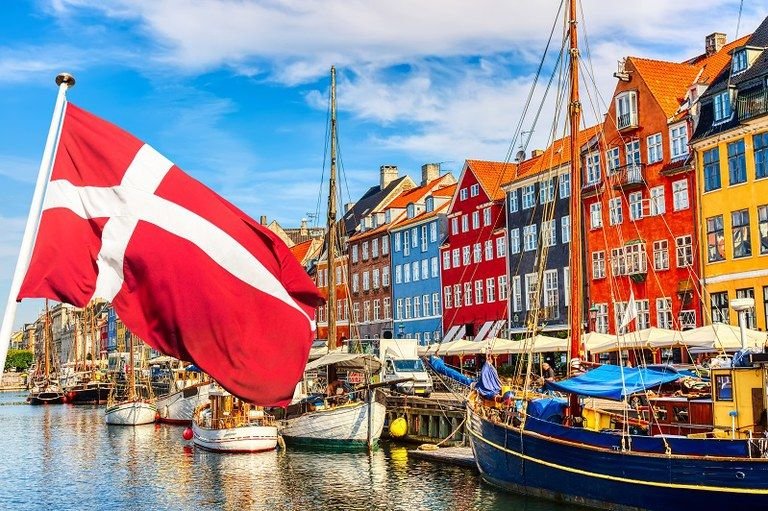Are you an ambitious student seeking to broaden your horizons and embark on an exciting educational journey? Look no further than Germany—a nation renowned for its academic excellence, vibrant culture, and unparalleled opportunities.
I am Jaspal Singh, a lawyer and the proud founder of a company that has been guiding Indian students toward their dreams of studying abroad for over two decades. Inspired by my recent experience at ICEF Berlin in October 2022, where I had the privilege of meeting esteemed professionals from universities and diverse industries, I am thrilled to share comprehensive details on studying in Germany.
Indian students are increasingly choosing Germany as a study destination. Germany is known for its high-quality education system, and it offers a wide range of courses and programs for international students, including Indian students. The country has become one of the top destinations for Indian students who want to study abroad.
Requirements for Indian Students
To study in Germany, Indian students need to meet certain requirements and follow specific procedures. One important requirement is the APS Certificate (Akademische Prüfstelle), which plays a vital role in the application process for Indian students, as well as students from Vietnam, mainland China, and Mongolia. This certificate proves the authenticity of academic documents. Indian students who wish to study in Germany can find comprehensive information and resources on studying in Germany on the websites of organizations like the DAAD (German Academic Exchange Service).


Financial Considerations to Study in Germany
Studying in Germany can be an affordable option for Indian students due to the country’s low or no tuition fees at public universities. However, there are still some financial considerations to keep in mind. You’ll need to budget for living expenses, such as accommodation, food, transportation, health insurance, and personal expenses. Additionally, you might have to show proof of financial resources when applying for a student visa. It’s advisable to research scholarships and part-time job opportunities to help with your finances. Consulting the official websites of German universities and the Indian Ministry of External Affairs can provide more specific and up-to-date information.


Private Universities charge fees
Private universities in Germany charge tuition fees, and the costs can vary significantly depending on the institution and the study program. The tuition fees at private universities can range from a few thousand euros per year to more expensive programs. It’s important to research and compare the tuition fees and the overall costs associated with studying at different private universities in Germany.
Working rights of students & living cost
Besides tuition fees, you will also need to consider the same living expenses, such as accommodation, food, transportation, health insurance, and personal expenses, as mentioned earlier.
Indian students in Germany have certain working rights that allow them to support themselves financially during their studies. During semester breaks, you can work full-time. However, it’s essential to note that your primary focus should be on your studies, and part-time work should not interfere with your academic progress.
Regarding the cost of living in Germany, it can vary depending on the city and your lifestyle. On average, you should budget around 800 to 1,200 euros per month to cover your expenses, including accommodation, food, transportation, health insurance, and study materials. It’s important to research the specific costs of the city you plan to study in and consider your personal preferences to estimate your living expenses accurately. It’s recommended to thoroughly research the financial aspects and scholarship opportunities offered by private universities to ensure you can afford the costs of studying at a private institution. There are various scholarships and funding options available to support international students, including Indian students.
Overall, Germany offers a favorable environment for Indian students seeking quality education, international exposure, and career opportunities. Read more on STUDY AND WORKING OPTIONS IN GERMANY
If you are also planning to Study in Germany, call or WhatsApp +91-9888481965




























